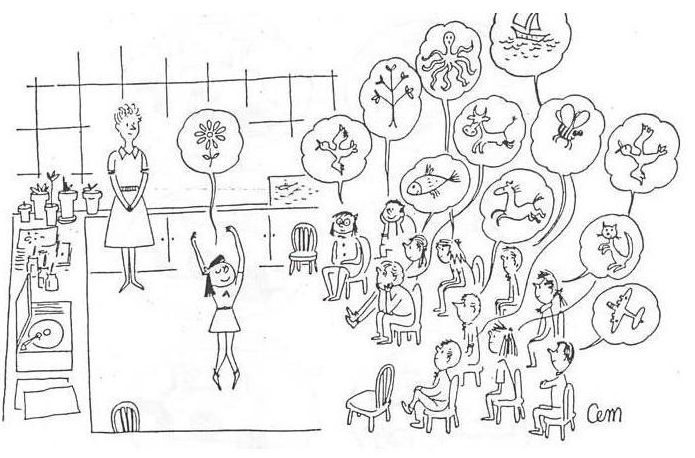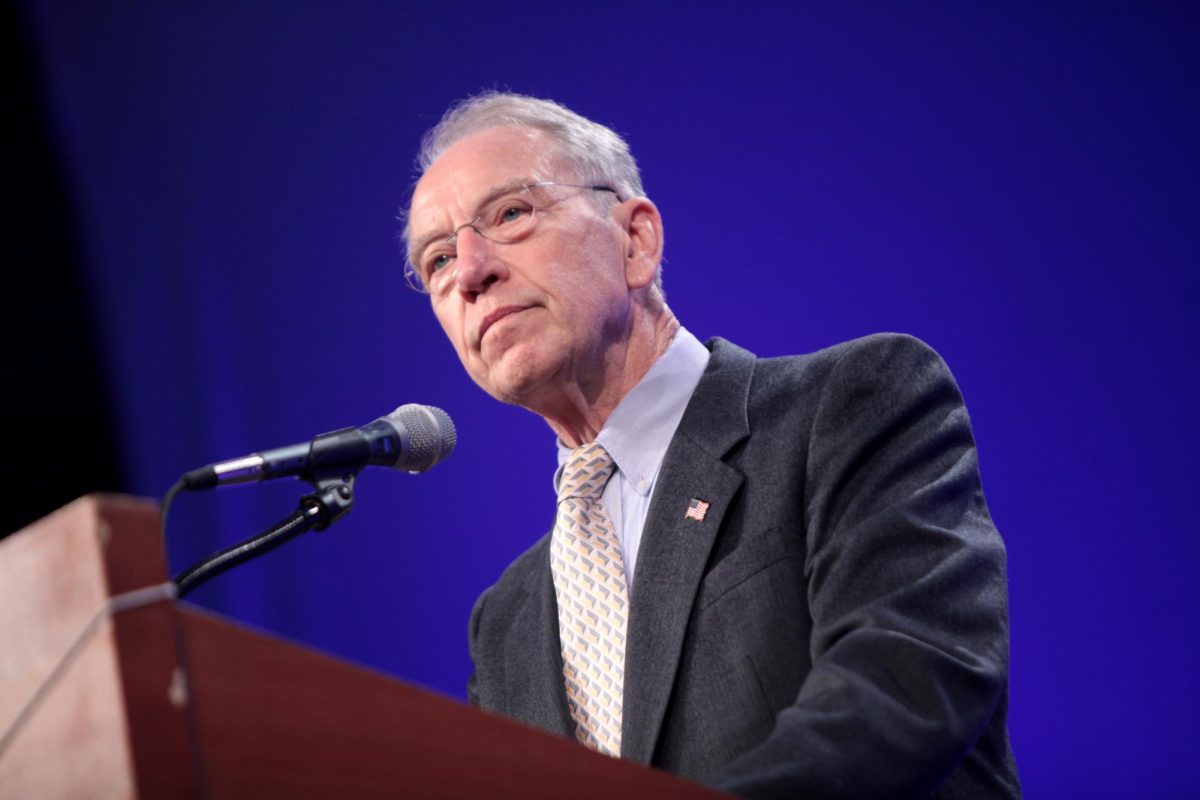Rather than having the choice between an advanced course and a mainstream one, some Woodside students are only given one option regardless of their academic abilities, raising questions about the importance and benefits of this heterogenous grouping.
In the early 1990’s, Woodside High School became one of the first schools in the district to restrict students to certain classes. For example, in senior year, all students must take a heterogeneous government and economics class. Some students wonder if the option poses more harm than good to their academic achievement.
“I totally understand the philosophy behind it, but as a student I can see the problems,” Kathryn Williams, a Woodside senior, stated. “I think it’s hard for some teachers to treat every student the same and hold them to the same standards because there is such a big range of academic abilities in these classes.”
Despite the controversy surrounding the issue amongst students, the administration raises important points about the benefits of requiring these classes.
“Having leveled classes creates a tale of two schools that is not accurate,” explained Assistant Vice Principal Wendy Porter. “There is a social benefit for folks who don’t necessarily mix in other classes, a place where students of all backgrounds can come together.”
Analysts have studied the effects of heterogeneous grouping and argue that the social implications are essential to cognitive development. However, in order to ensure that students are receiving the benefits of this philosophy the teachers must understand how to adapt to such a broad range of levels and paces. Some decide to approach it by establishing groups within the mixed classroom, yet critics argue that in order to see the benefits, students of all backgrounds must collaborate.
“It goes beyond the social benefits,” Porter, also a former economics teacher, added. “As a teacher, I saw an intellectual benefit in that depending on your experiences, you have different values. I saw people being exposed to different ideas.”
Communicating with one’s peers and gaining exposure to diversity prepares students for interactions they will encounter in their future careers and in life.
“As a senior, I think it’s important that we are grouped together so that we can gain a greater sense of belonging to our class before we part,” Woodside student Alyssa Parodi claimed. “But it’s also about bringing people from different backgrounds together, whether it be socioeconomic or academic, and I think we need that kind of exposure before we enter college and the workforce.”
Schools are implementing heterogeneous grouping throughout the country as its benefits become more apparent.
“Woodside did have a greater sense of togetherness after we began requiring more heterogeneous classes,” Porter reflected.









